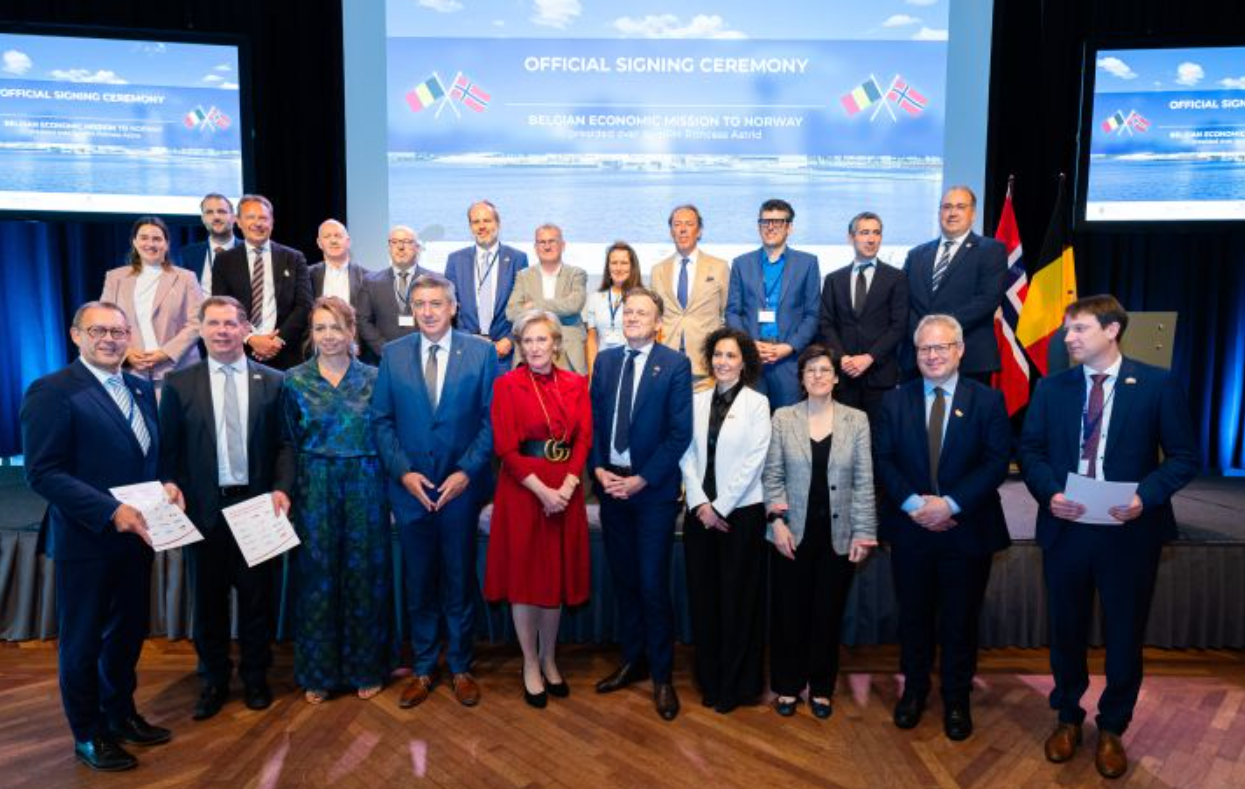
Moveing towards decarbonization, the Port of Antwerp-Bruges has affirmed its dedication to Carbon Capture, Utilization, and Storage (#CCUS) technologies by endorsing the Oslo Declaration. This declaration underscores a collective effort aimed at driving the Belgian economy towards climate neutrality by 2050.
The Port’s latest commitment involves a strategic partnership with Fluxys to establish a CO2 compression facility in Zeebrugge. This plant will play a pivotal role in capturing CO2 emissions from various industrial sources across Belgium and Germany. The captured CO2 will then be channeled through the C-grid pipeline network to Zeebrugge for compression. Subsequently, an undersea pipeline will transport the compressed CO2 for permanent storage in disused oil and gas reservoirs off the coast of Norway.
This initiative not only emphasizes the Port’s proactive approach to mitigating climate impacts but also highlights its focus on fostering circular economy practices. By seeking collaborations with stakeholders in the CCUS sector, the Port aims to transform captured carbon into valuable resources, thereby closing the carbon cycle and bolstering the circular economy framework.
“The time to act is now,” emphasized a spokesperson from the Port of Antwerp-Bruges, stressing the urgency of implementing effective CCUS solutions to curb greenhouse gas emissions. The partnership with Fluxys represents a crucial step towards operationalizing these goals, leveraging existing infrastructure to facilitate sustainable practices on a significant scale.
The Port’s commitment to CCUS technologies aligns with broader European initiatives aimed at achieving environmental sustainability and combating climate change. By signing the Oslo Declaration, the Port reaffirms its role as a proactive leader in integrating innovative solutions that align economic growth with environmental stewardship.

